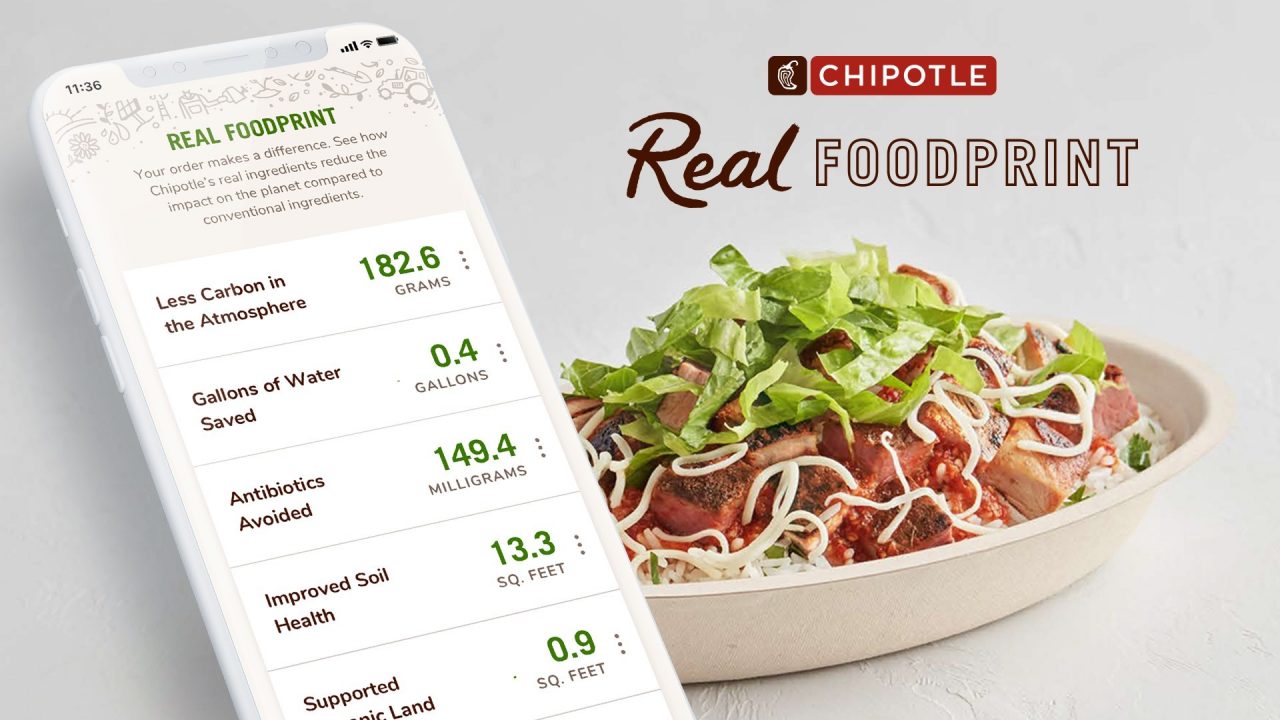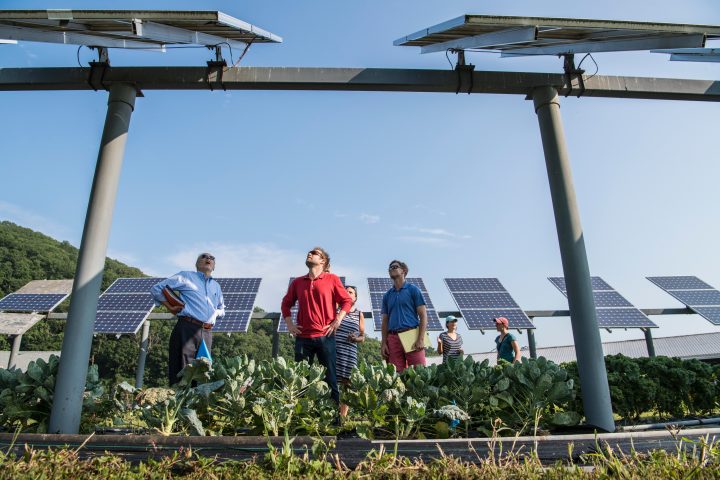Brand sustainability – the future starts here
The last year has triggered a new wave of consciousness and emphasised the close inter-relationship between humankind and the planet we all share. So much so, the term ‘sustainability is now ubiquitous; intertwined into our everyday lives through our education system, our media diet, and within the new career paths that are being created to service the changes that are undoubtedly here to stay.
As we rethink our lifestyle choices to support this endeavor, this is an important opportunity for businesses to do the same. The entire life cycle of a product has an impact on the environment – from the development to the production, the transportation, the usage, and ultimately to the disposal. This impact intensifies the role and responsibility of brands.
Indeed it appears a good product alone is no longer enough to win a consumer’s loyalty, as 80% of consumers say that they would feel more loyal to brands that value community and environmental growth over money and status. Sustainability can no longer be an afterthought – it needs to be an integral part of a brand’s process. So, what exactly can brands do to stay ahead of this rising curve?
- Transparency is key
With thousands of products and brands to choose from, it’s hard to be a conscientious consumer these days. Clever marketing can falsely advertise a product to lead buyers to think it’s healthier or ‘greener’ than it actually is. However, eco-labeling is stepping in and introducing a radically transparent way of holding brands accountable. Did you know, if you buy a washing machine, fridge or television, it comes with a sticker based on its environmental impact – thanks to a 1992 EU rule. So, why hasn’t this kind of transparency extended to cover sectors like retail, food, and travel?
Thankfully, some progressive chains are taking it into their own hands. Chipotle Grill is the first brand to provide customers with detailed information about how every ingredient on their menu impacts the environment. The meat alternative brand, Quorn recently started adding the carbon footprint to products like their frozen nuggets. Meanwhile, Logitech is the first hardware manufacturer to add carbon impact to their mice and keyboards. We’re expecting this trend will soon become widely adopted, radically transforming the marketplace by holding brands accountable. As most people don’t know what the right choice is, this new metric will help consumers to make more informed, environmentally conscious decisions.

- Make it sexy
To set a brand aside from its competitors, a product needs to be desirable and have direct appeal. More often than not, when companies are bringing out an ‘ethical’ product, they often revert back to stereotypical green and leafy aesthetic but can this predictable approach possibly hinder the product’s wider appeal by alienating the fence-sitters and the unconvinced? These brands may be missing a trick by positioning these sustainable options as alternatives when they should uphold their own unique and confident identity with its own unique appeal…
Tesla is one of the most desirable and disruptive auto brands right now. For a company that spends nothing on marketing, its explosive growth has been huge, with a 700% increase in its stock prices in 2020. It’s one of the few that is both environmentally conscious and sought after. Gulshan Singh of FCB Interface said, “what differentiated Tesla was their approach from the product design to the positioning… a Tesla car is clearly an object of desire and is often compared to your marquee German brands.” Elon Musk has ultimately designed a product that connects with people’s lifestyle ambitions (and their values) and makes them feel like they’re moving forward. The customers of Tesla are not just buying a highly specced car with a conscience, they believe are paying for a piece of the future.
- Remove the premium
When addressing environmental impact, the price of products should be in proportion. You shouldn’t have to pay more for products which are better for our planet. For example, industrial dairy farming has a huge impact on the environment – so why are major companies like Starbucks still charging extra for plant milk? As the company’s annual revenue exceeded $23.5 billion last year, could they not afford to drop that extra 50p charge?
This brings us to the ‘Green Premium’. The term, introduced by Bill Gates, describes the difference in cost between a product that involves emitting carbon and a better alternative. There are many ways for brands to help reduce these premiums, such as committing to using cleaner alternatives, investing more in research and development, and advocating for better government policies. Individuals, on the other hand, can also help to create the demand for a more sustainable market, as “every pound you spend casts a vote for the kind of world you want”.
Indeed, the buying of a vegan burger or the purchasing of an electric car lets companies know there’s an appetite for these items. This gives them an incentive to invest in research, which eventually brings down the price. Over time, these cleaner greener products will be both better, and more affordable for the wider population.

- Use your platform to be the voice of change
As the distrust in the political system grows, consumers are choosing to look elsewhere for real action and change. This is where brands have a key role to play as educators and influencers and use their platforms to be the voice of change. However, brands may first need to re-evaluate their internal structures and evolve their purpose. Doing this work will do three things; strengthen the internal culture, differentiate the brand from the millions of competitors and heighten the brand’s accountability. It won’t be long before the new generations of consumers will begin to take notice.
One brand which recently re-evaluated their purpose and tone of voice is Sainsbury’s. They’ve just replaced their slogan from “Live Well For Less” to “Helping Everyone Eat Better”. This central marketing adjustment emphasises their environmental commitment – as the brand is also a new partner of this year’s UN global summit on the environment, COP26.
- Turn that voice into actions
It’s all well and good saying your business is committed to sustainability, but do your words extend past just tight marketing? This won’t escape the beady eyes of the new social media generation. They expect real investment into research and innovation – upgrading every aspect of your business; from your product’s recyclability to its transportation. Not only this, but there needs to be a shared common goal, evident amongst investors, customer communities, and employees. For example, Meridian Foods states they will never use palm oil and chooses to ship their products rather than flying. These smaller decisions silently communicate their ethical identity by aligning their internal processes with their brand values.
Successful sustainable brands take a fully integrated approach, which in turn, fosters longevity and brand loyalty. This is a worthwhile investment, as sustainability isn’t a passing movement but is here to stay.
- Real change takes time.
There is a long way to go, but there are clear positive signs ahead. As the expectations of consumers rise every day, brands can no longer stay quiet and need to be actively changing to stay relevant. This may involve revisiting their value proposition, their production process, or even their core purpose to evaluate how and where the business vision links to their customers’ vision of a better future.
It won’t be easy and it won’t be overnight but if this approach is done right, then the rewards will be unparalleled – for brands, for their customers, and for the entire planet.
